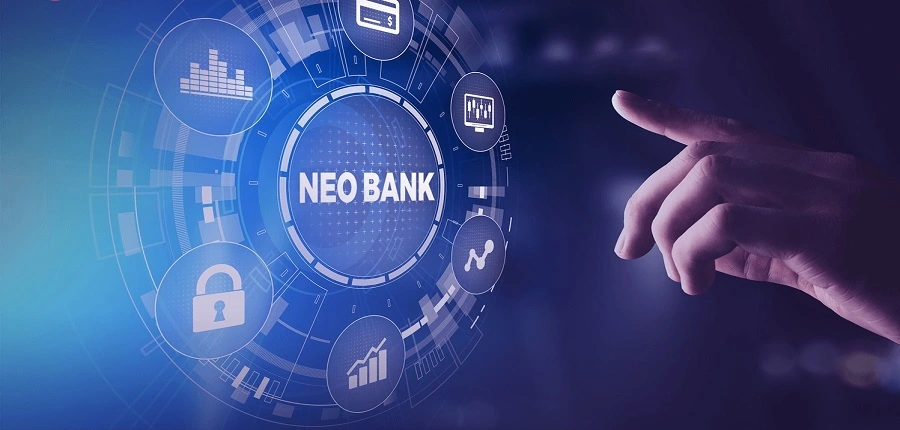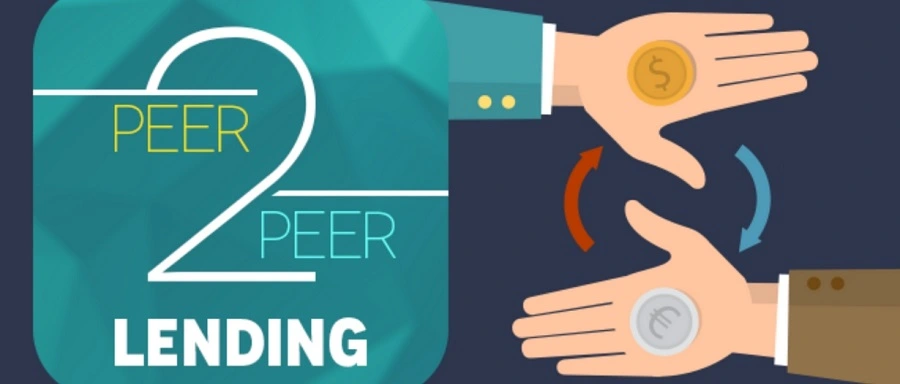India’s financial scene is more than just United Payments Interface (UPI) these days. The country’s economic journey is buzzing, and it’s bringing in a bunch of new personal finance products that are slowly becoming part of how things work here. With India’s economy growing so fast, it’s no surprise that personal finance is also getting bigger. UPI started things, and now there are all sorts of cool new money tools showing up.
What’s really cool is how millennials, who are great with digital stuff, are driving most of these new money trends. We’ll chat about a few of these trends below.
Table of Contents
Top 7 Emerging Personal Finance Trends
Neo banks


Neo banks, also known as digital banks, exist only online and offer services like deposits, transfers, investments, and more, similar to regular banks. Unlike traditional banks, they collaborate with licensed banks because they lack independent licenses from RBI.
Operating online results in lower costs and faster processes for account setup, transactions, and updates. Neo banks stand out for personalized financial management through AI-based insights.
Accessible via smartphones, neo banks allow easy account management from anywhere.
Buy Now Pay Later (BNPL)


Buy Now Pay Later (BNPL) is a fresh trend in India’s formal economy, mirroring an age-old practice found in local Kirana shops. It’s a popular choice enabling users to buy items and services upfront, deferring payment to a later date, providing short-term financial flexibility.
Now, BNPL platforms handle payments for online purchases, reimbursed by users through 1-2 month EMI plans or longer. Interest might be applied to borrowed amounts, but not always.
BNPL extends beyond the web; BNPL cards resemble credit cards but cater to millennials. These cards are designed with slight variations – no credit history or substantial bank balance needed. They’re tailored to suit modern lifestyles.
Exchange Traded Funds (ETFs)


Exchange-traded funds (ETFs) function much like mutual funds, tracking market indices and traded like regular stocks. They diversify your investment across assets like gold, bonds, stocks, and securities, leveraging market fluctuations. These funds are overseen by SEBI, and you purchase them in units.
Note that an ETF investment requires a Demat account. If you seek stable, moderate returns over the long term and prefer lower risk, ETFs are a suitable choice. Their popularity has surged among Indian investors recently. From November 2020 to November 2021, ETFs experienced a remarkable 58% YoY growth.
Real Estate


Real Estate stands out as a trusted, secure investment, even in times of market volatility caused by inflation or economic uncertainty. Unlike other options, it thrives amid market fluctuations, offering consistent profits. However, real estate demands a substantial investment, leading to interest in Real Estate Investment Trusts (REITs).
REITs are a way for investors to collectively buy a piece of real estate. They’re like mutual funds, but the asset is the property itself, not shares in a real estate company. Dividends come from property rent and are shared among investors. It’s a smart way to invest in real estate without needing a big initial amount.
P2P Lending


In P2P lending, you lend and borrow directly from individuals. This lending style has existed informally, gaining traction as a formal finance option with digital use. P2P means peer-to-peer, like regular folks helping each other.
P2P lending, similar to BNPL, carries higher interest due to its unsecured nature, like personal loans. Investing means lending money with attractive returns.
P2P lending notably aids financially underserved individuals, offering emergency credit. It’s becoming a reliable credit and investment source in India.
Cryptocurrency


Cryptocurrency, a digital currency secured by cryptography, serves both as a value store and for transactions. It’s a globally debated financial innovation. Coins like Bitcoin, Solana, and Dogecoin have created a frenzy, prompting central banks to consider regulation.
Cryptocurrencies offer extraordinary risk and reward, making them a risky asset for portfolios. Despite this, their appeal is strong, especially among young investors. In India, there’s no official guidance on cryptocurrency investment. It’s neither banned nor endorsed due to perceived risks.
The global craze around cryptocurrencies underscores their potential and volatility, prompting exploration while caution prevails.
Stock markets


The stock market encompasses various exchanges where shares of publicly traded companies are traded. These transactions occur through formal exchanges and over-the-counter (OTC) marketplaces, following defined regulations.
The terms “stock market” and “stock exchange” are often used interchangeably. Traders engage in buying and selling shares on these exchanges within the broader stock market.
The stock market facilitates interactions between buyers and sellers of securities. It’s a platform for determining share prices, reflecting economic conditions. It offers fair pricing, liquidity, and transparency, fostering competition among participants.
Conclusion
In the dynamic realm of modern finance, a range of trends has emerged, shaping how we manage wealth. Neo banks, BNPL, ETFs, REITs, P2P lending, and cryptocurrencies offer diverse pathways. Stock markets remain a hub of activity.
These trends reflect evolving needs and tech advancements, opening opportunities amid risks. Navigating this landscape demands informed decisions to secure a prosperous financial journey.




